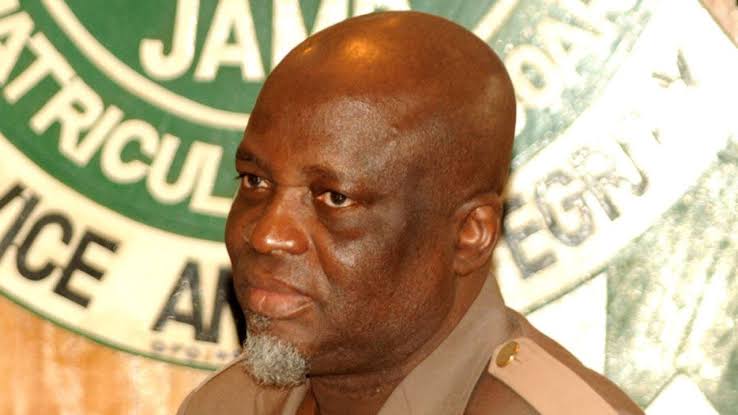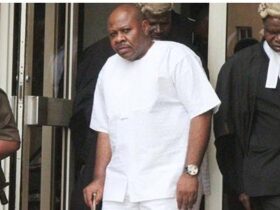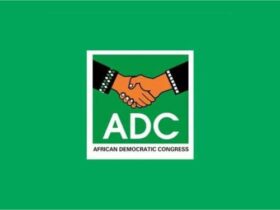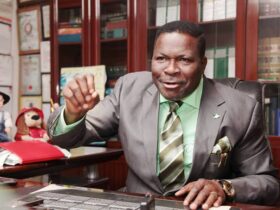The Registrar of Joint Admissions and Matriculation Board (JAMB), Prof. Is-haq Oloyede, on Wednesday in Ilorin advised African nations to guard against reliance on overseas-developed Artificial Intelligence (AI) technologies.
Oloyede gave this advice in his presentation at the University of Ilorin (Unilorin) Lecture Series, titled “Artificial Intelligence and the Future of Humanities”.
The Registrar, who is a former Vice-Chancellor of Unilorin, also cautioned those in the academics who lack adequate knowledge about their subjects against adopting AI.
”Avoid doing this in the quest to seek solution about your subjects. so as not to be mislead,” he said.
Oloyede however allayed the fears that AI would replace humanity, pointing out that the technology has come to stay.
He however maintained that humanity should be in control of AI “if we will save humanity from perdition”.
“African nations need to invest in building their own AI capabilities, so that they will not be entirely dependent on external powers.
“By being part of AI’s global development, they can ensure that they are not exploited or left out of future.
“The African Telecocommunication Unions (ATU), African Union (AU), Economic Community of West African States (ECOWAS) and Smart Africa must lead the charge in developing AI strategies tailored to the continent’s specific needs,” the JAMB Registrar added.
Oloyede observed that these bodies listed should promote policies that encourage the ethical development and use of AI across sectors such as healthcare, agriculture, education and governance.
He advocated that a collaboration between African countries on AI research and data sharing can help mitigate the risk of relying on overseas-developed AI technologies.
Oloyede, who is a professor of Islamic Studies, tasked scholars in the discipline to take up the challenge of generating content for AI.
He said this would help to ensure that its contents conform with fundamental human rights, values and Islamic doctrines and principles.
“In fields like Islamic Studies and Law, AI must be developed with sensitivity to ethical and cultural contexts.
“Universities and scholars should explore how AI can assist in complex tasks like issuing ‘fatwahs’ or navigating legal ethics, while ensuring that AI aligns with fun.
PDP reconciliation committee pledges to restore equity
The National Reconciliatory Committee set up by the Peoples Democratic Party (PDP) has pledged to restore equity and address other challenges which had led to divisions within the party.
The committee chairman, Prince Olagunsoye Oyinlola, made the pledge on Wednesday in Ibadan at the end of the three-day reconciliation meeting with aggrieved party faithful in the six South-West States.
Oyinlola, who was a former governor of Osun, noted that the meeting with aggrieved party members in the South-West zone was seamless.
“This is because a similar reconciliation meeting was held recently, courtesy of Gov. Seyi Makinde.
“Not long ago, I led the same reconciliation committee which went round the South-West. As at then, we were able to identify the issues that were militating against our unity and success,” he said.
The committee chairman noted that the challenges facing the party in the South-West border on human interest, party members jostling for positions, or wanting one thing or the other.
He assured all party faithful that the committee would do its best to restore equity into the party so as to bring unity, asserting that “where equity is not in place there will be disunity”.
Oyinlola commended Gov. Seyi Makinde and the PDP family in Oyo State for providing the conducive atmosphere for the committee to hold its meeting.
In his remarks, the Oyo State deputy governor, Mr Bayo Lawal, urged the committee not to be biased but be fair to all parties.
Lawal, who noted that the committee was set up at the right time, urged it to ensure its recommendations at the end of the reconciliation meetings across the zones were implemented by the party.(NAN)










Got a Questions?
Find us on Socials or Contact us and we’ll get back to you as soon as possible.